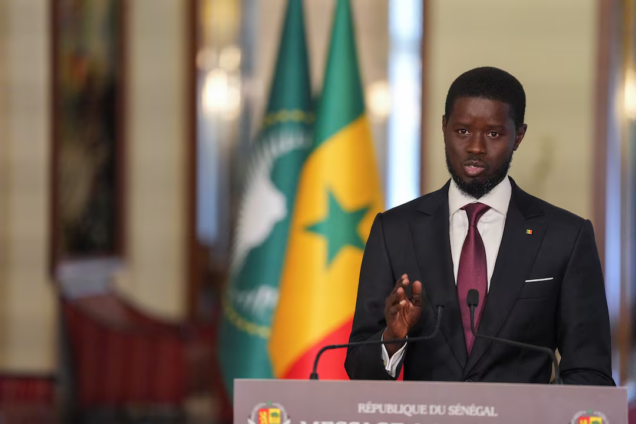
Senegal has received a $115 million financial support package from the World Bank as the nation faces intense scrutiny over its fiscal transparency and mounting debt.
The funding, granted through the International Development Association (IDA), is conditional on the government’s implementation of deep structural reforms aimed at restoring economic credibility and reining in public debt.
The World Bank’s decision follows the disclosure that Senegal’s actual public debt burden nears 100% of GDP—far higher than previously reported under the former administration.
The revelation has triggered alarm among international donors, prompting a shift toward performance-based aid disbursements.
The new financing focuses on three major reform pillars. The first aims to modernize Senegal’s public financial management by introducing digital tools to enhance transparency and automate government spending.
This initiative is expected to address long-standing inefficiencies caused by opaque budgeting practices and administrative overlap.
The second priority targets debt management. Authorities will implement an integrated, digitalized platform to track all of the state’s financial commitments in real time.
This measure is intended to prevent a recurrence of the inconsistencies between declared and actual debt that have eroded investor and donor confidence.
The third reform area centers on revenue mobilization. By enhancing the digitalization of tax and customs systems, the government aims to curb leakages and reduce fraud, ensuring more robust and transparent collection.
In addition to funding reforms, $10 million of the total package has been allocated for technical assistance. This support will be used to build administrative capacity through training, expert guidance, and change management programs.
The World Bank underscores that effective reform requires not just technology, but also the human capital to sustain and operate it.
Crucially, the funds will be released incrementally, tied to measurable progress on reform objectives.
This results-driven approach aligns with the International Monetary Fund’s own conditions, following its decision to pause aid pending stronger safeguards.
For Senegal’s leadership, the World Bank’s message is clear: future international support hinges on accountability, transparency, and reform. The country now faces the urgent challenge of turning commitments into credible, lasting transformation.



